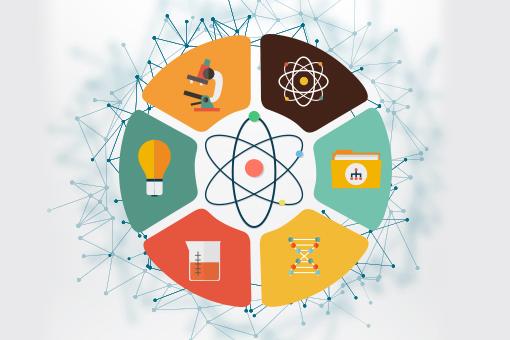Hippocampal theta oscillations in rodents profoundly affect neural activity, spatial coding, synaptic plasticity, and learning. What are the sensory mechanisms governing these slow oscillations? Safaryan and Mehta compared oscillations in the brains of rats trained to run a virtual reality–generated track with oscillations when the rats were running in real life. Theta oscillations were enhanced in the brains of the animals sensing virtual reality compared with when they ran in the real world. Further, a new 4-Hertz oscillation called eta was detected in the rats running in virtual reality. Eta rhythm was highest in the CA1 pyramidal cell layer, and it appears that putative CA1 interneurons, but not pyramidal neurons, showed stronger eta modulation in virtual reality. Multisensory experience can thus reveal unexpected brain rhythms and could have therapeutic value.
Nat. Neurosci. 10.1038/s41593-021-00871-z (2021).


